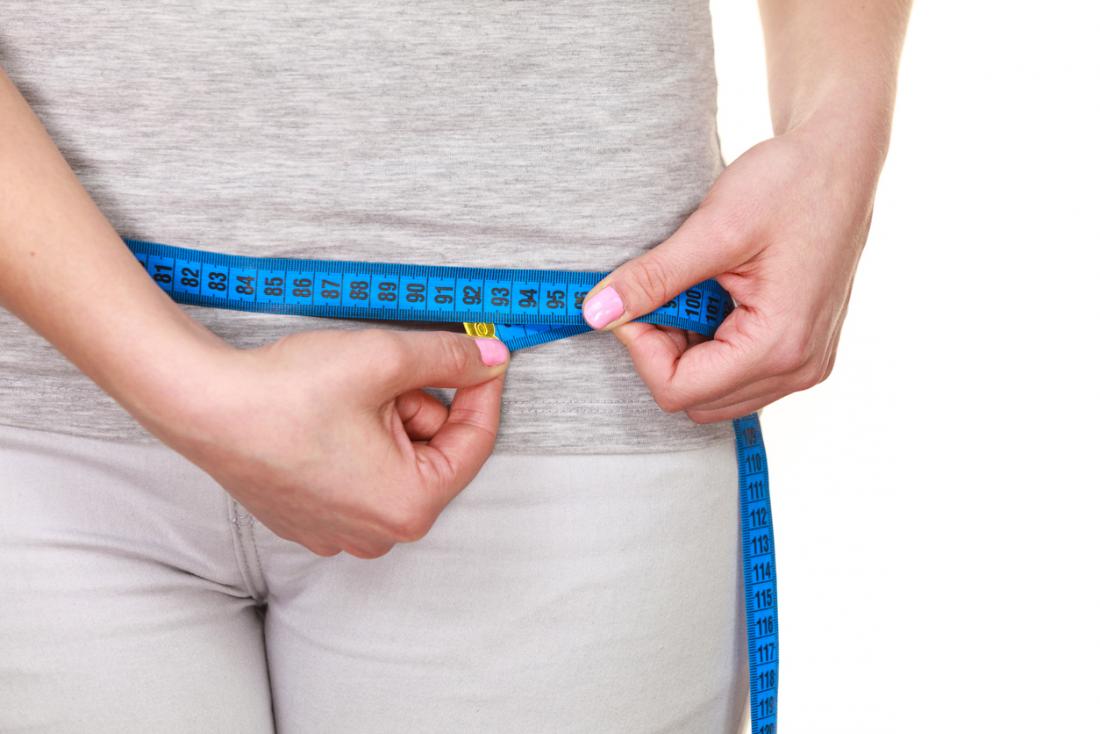In the past, researchers found that women deemed most attractive by men were those who had a specific waist to hip ratio of roughly 0.7. In addition, these attractive women also usually had a body mass index that was less than or at 20.
Scientists decided that the preferred ratio must be linked with high fertility since, in terms of biology and evolutionary biology, a male would be expected to select the female of highest reproductive fitness, in this case, highest fertility. However, recent research seems to contradict these findings, and in fact, in many cases, women with the 0.7 ratio actually were less fertile than other women. There is still uncertainty then as to why most men find women of the specific waist to hip ratio to be most attractive.
It is possible that the media and cultural factors may play a role in influencing what people consider to be an attractive potential mate.
WHAT FACTORS DO INFLUENCE FEMALE FERTILITY?
Probably the most obvious factor that influences fertility in women is their age. Women are most fertile before they are 30. This means that your chances of becoming pregnant decrease after this age and by the 40s many women may struggle to get pregnant. Certain genetic problems such as Down syndrome also seem to be more common in women who get pregnant at an older age.
Other factors that impact fertility include lifestyle, including whether you smoke or drink. It is also possible in cases where a couple cannot become pregnant, that the problem lies with the man, which is why it is a good idea to consult with a fertility expert to determine what the issue really is.
ARE ESTROGEN AND FAT LINKED TO FERTILITY?
Body fat percent is linked to fertility in women, and in fact, athletes who have very low body fat do seem to struggle with infertility. Studies have also indicated that about 12% of cases of infertility in women are due to being underweight.
Fat is linked to estrogen, and too little fat translates into reduced amounts of the hormone. The estrogen is an important hormone in the female reproductive tract and is required for the production and development of healthy eggs. Women who are extremely underweight often stop menstruation because their hormone levels drop too low. This is a common finding in top female athletes who focus on having a low body fat percentage and high muscle mass.
Some women have a hormonal problem known as PCOS in which the imbalance of hormones can also cause infertility, and another problem with PCOS is that it can cause hair loss. If you are concerned about hair issues related to this syndrome you should consult with a specialist at a hair clinic.
Remember, before you worry about dieting to get the magic 0.7 waists to hip ratio, that this does not mean you will be more fertile, and it may actually be detrimental for you if you are trying to get pregnant.


